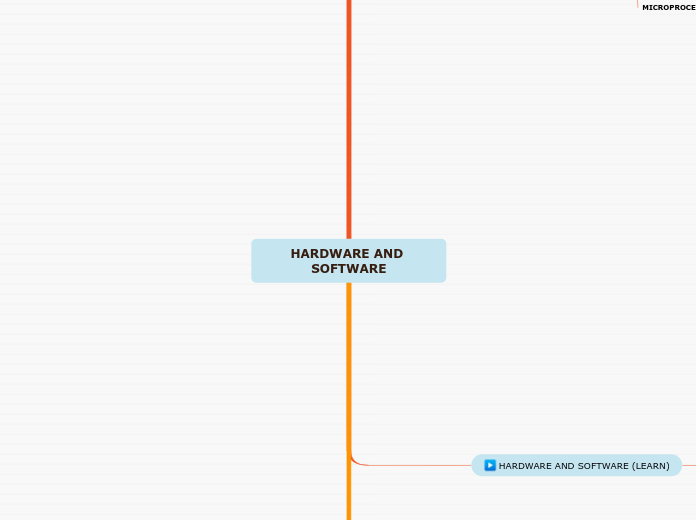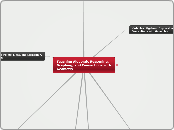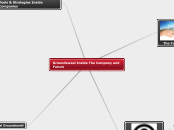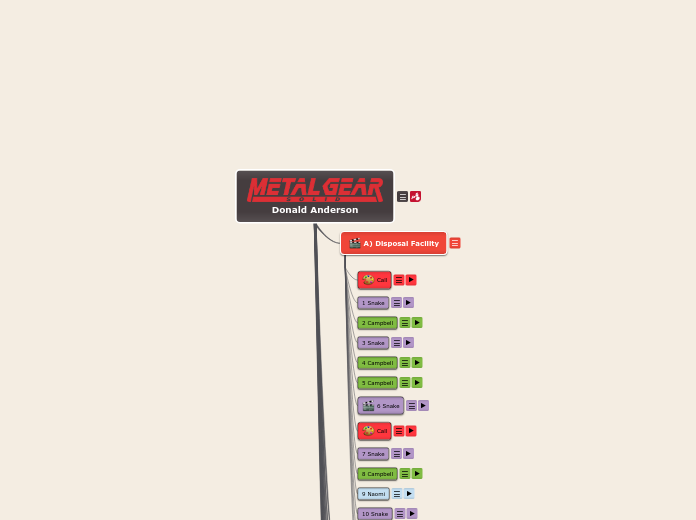HARDWARE AND SOFTWARE
To name your story, you have to think about the overall message and what you want your audience to understand from the story. Also, make it relevant and easy to remember.
HARDWARE AND SOFTWARE (LEARN)
The ending of a story is essential. We all know that if the ending is weak, what happened before loses its importance. So make it unpredictable, but fair. A resolved ending answers all the questions and ties up any loose threads from the plot.
THE MAIN COMPONENTS OF THE MOTHERBOARD
This is the moment when the main character surpasses the last obstacle and finally faces their greatest challenge.
The climax usually follows one of these patterns:
- realization
- resolution
- choice
Type in your answer.
Chip and battery
for BIOS
The BIOS is an integrated circuit that stores the computer booting
program. It can normally be distinguished from others as it gen-
erally has the word BIOS written on it, as shown in the picture. To
prevent specific setup parameters from being deleted, the BIOS
requires a battery.
External
connections
These are ports for connecting to the network (RJ45) and external
devices, such as the keyboard (purple PS2), the mouse (green PS2),
headphones (audio jacks), USB memory cards, etc.
Expansion slots
These are for inserting expansion cards, such as the graphics card,
sound card, network card, etc. These cards are sometimes integrat-
ed into the motherboard so the slots might be empty. There are
various types: PCI, AGP and PCI Express (PCI-E).
IDE and SATA connections
These are the connections for the storage units: the hard disk, the
DVD-ROM, the DVD recorder, etc. The boards can have two types
of connection, IDE or SATA, or just one, depending on the age of
the computer. SATA connections are the more modern ones. The
picture shows the SATA (red) and IDE (blue) cables that connect the
motherboard to the storage units.
ATX connector
This connector joins the power supply to the motherboard through
cables, as shown in the picture. It requires sufficient power to work.
RAM memory slots
RAM memory modules are plugged into these. These differ from
other slots in that they include clips to hold the module in place
and in that there may be empty slots but there will always be a
RAM module inserted.
Chipset
This is a set of chips on the motherboard that carries out communi-
cations between the microprocessor and the different components
connected to the motherboard. It controls the operating mode of
the board and determines its performance and characteristics. The
most important chip normally has an aluminium heat sink above
it, smaller than the microprocessor.
Microprocessor
socket
Is plugged in here. When you open the com-
puter, what you normally see is a large fan with an aluminium heat
sink below it. A thermal paste is added under the sink to improve
heat dispersal and, finally, the microprocessor is located above the
socket.
COMPUTER HARDWARE
The middle of the story is where you add layers of complications that will lead to the end. Reveal more about the character's journey. Did their personality go through changes? How did they overcome the challenges? And as you build up the story’s central conflict, make it more personal to that character. Also, from the middle act, you have to lead into the final act.
MICROPROCESOR
Your character(s) need(s) motivation in order to solve the challenge(s).
The main microprocessor manufacturers are Intel and AMD.
A modern computer may have a 5 GHz processor, which means it can perform
5 billion basic operations every second
Is characterised by its working frequency, measured in hertz, which
determines its operating speed.
Secondary characters also might have motivs beacuse of which they may cross path with main character or which might trigger them to help the main character.
It is responsible for
processing data, performing arithmetical-logical operations and controlling all the
other devices
Secondary characters might also have motives that lead them to cross paths with the main character or which might trigger them to help the main character.
The most important part of the computer
Why does your character need to confront this challenge? What does he/she expect to accomplish by solving it?
See a few examples:
- will marry in 3 days
- can fix the mistakes of the past
MOTHERBOARD
Each story has a main character and that character usually needs to solve a problem or challenge. The character's challenge is the one that creates tension throughout the story.
PARTS
Type in any other challenges which other characters in the story need to face.
IDE CONNECTION
POWER SUPPLY CONNECTION
MEMORY SLOTS
CHIPSET
MICROPROCESSOR SOCKET
BIOS BATTERY
EXTERNAL COPNNECTIONS
SATA CONNECTIONS
PCI-E SLOTS
PCI SLOTS
Is the largest card with a printed circuit you see when you open a computer.
In most stories, there are 3 challenges. The number 3 is a mystical number symbolizing completeness. Try to come up with interesting challenges with which your character needs to struggle.
See a few examples below:
- turns into a werewolf at night
- is sent back in time
Includes connectors or communication ports with peripherals and can also incor-
porate video, audio and network devices, among others, depending on the characteristics of the computer.
All the other computer com-
ponents are inserted
DEFINITION
In the beginning of the story (or the exposition), you will need to introduce the setting and characters. You might also want to introduce the main conflict. This part of the story is important because it gives the reader necessary background information and maybe even a first insight into a character’s personality.
The setting (time & place) of a story can change throughout the plot.
Sensory details include sight, sound, touch, smell, and taste. These details are important because they create depth in your setting.
See a few examples below:
- the smell of fresh bread
- the scent of freshly cut grass
- rain falling onto the windshield etc.
PROGRAMS,INSTRUCTIONS, APPS...
The weather is an important element in your story because it can highly influence the ambiance and the mood of the characters.
THE PHYSICAL PART OF THE COMPUTER AND THE ELEMENTS CONNECTED TO IT
Does your story include catastrophic weather? See a few suggestions below or add your own:
- hurricane, earthquake, storm, etc
PARTS OF COMPUTER
Characters are essential to a good story. Usually, the protagonist(s) is/are the most affected by the plot. Introduce a character by focusing on their actions, interests, and occupation, as the physical appearance doesn't make a difference in most cases.
SOFTWARE
HARDWARE
Type in the name of your character.










